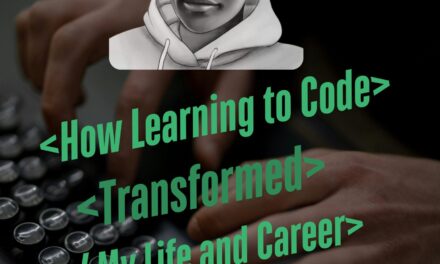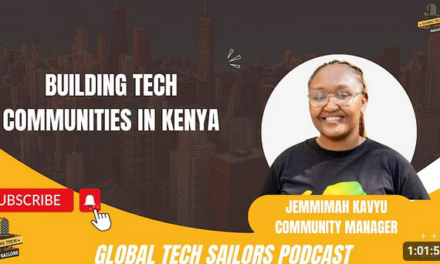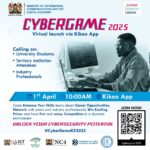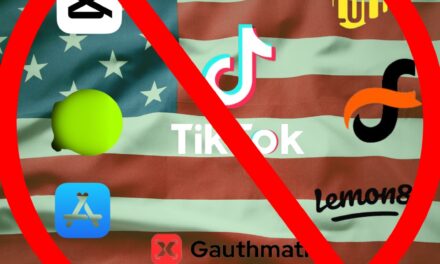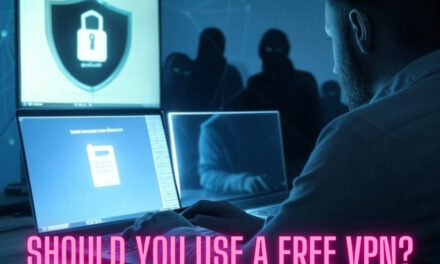
South Sudan’s Social Media Ban
In a surprise and dramatic move, the National Communication Authority of South Sudan announced a shutdown of social media platforms, including Facebook and TikTok, for at least 30 days. This decision, coming into effect due to the viral spread of violent videos depicting attacks on South Sudanese nationals in Sudan, has become the center of wide discussion regarding public safety and digital rights.
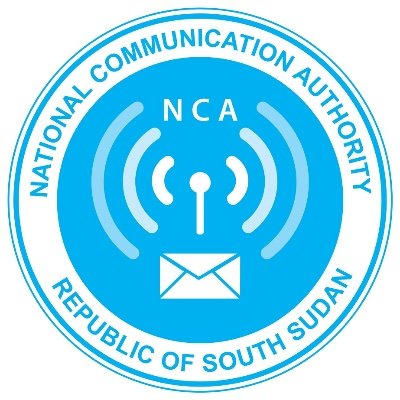
Understanding the Suspension
The NCA described the suspension of the media house as an indispensable undertaking necessary in the interest of the need to avert further violence and maintain law and order. It said such graphic content uploaded on social media incite riots and revenge attacks from within South Sudan, therefore escalating tensions significantly and culminating in unrest. Speaking to the media on the matter was the Director-General of NCA, and he said this: “We must prioritize public safety and social cohesion over the uncontrolled spread of harmful content.”
While the measure aims to stabilize the situation, it raises questions about the broader implications of such actions on freedom of speech and access to information.
Public and International Reactions
Local Perspectives
Reactions within South Sudan have been mixed. Some citizens and community leaders see the suspension as a much-needed intervention that will help to keep violence down in addition to restoring peace. “The situation was getting out of hand,” said a local activist. “The videos were fueling anger and leading to more harm.”
Others, however, see the ban as a case of overreach by the government. Many young South Sudanese greatly utilize social media for communication, education, and business, hence feeling frustrated by the restriction. To some, the suspension has been a punishment upon the many because of some few.
International Criticism
But, it has drawn sharp criticism from international organizations and digital rights groups. RSF explained that the suspension deprives people of their fundamental right to access information and restricts freedom of expression: “Censorship, even when well-intentioned, sets a dangerous precedent,” RSF said in a statement, calling upon the South Sudan government to “lift the ban.”.
Other global entities troubled by the rising trend of internet shutdowns and social media curbs as some countries across Africa respond to crises echoed this view:.
Implications of the Ban
Positive Outcomes
- Reduced Violence: By limiting access to harmful content, the government aims to prevent the spread of provocative material that incites violence.
- Public Safety: The move could help law enforcement regain control over the unrest and protect vulnerable communities.
Negative Consequences
- Freedom of Speech: The suspension curtails citizens’ ability to communicate, share information, and voice their opinions.
- Economic Impact: Many small businesses and digital entrepreneurs in South Sudan rely on social media to connect with customers and promote their services.
- Trust Issues: Such measures may erode trust between the government and its citizens, especially if the suspension is perceived as a means of silencing dissent.
Lessons for the Future
The South Sudan case also underlines a precarious balance that governments have to make between maintaining law and order, on one hand, and upholding digital rights on the other. While commendable, the intent of the suspension indicates that what is needed are more subtle kinds of solutions to navigative challenges that harmful content poses for social media platforms.
Potential Alternatives
- Content Moderation: Collaborate with social media companies to identify and remove violent or harmful content more effectively.
- Public Awareness Campaigns: Educate citizens about the dangers of sharing graphic or inciteful material online.
- Targeted Action: Focus on addressing the sources of harmful content rather than implementing blanket bans.
Conclusion
Suspension, even temporary, of social media in South Sudan has brought to the fore an interplay that occurs between technology, public safety, and human rights. While such a move by the government might have brought short-term sanity, what that portends for digital freedom and trust is anyone’s guess.
And as technology continues to shape our world, the real question remains: How can governments overcome the challenges of harmful online content without infringing on fundamental rights? Give your views in the comments below.










